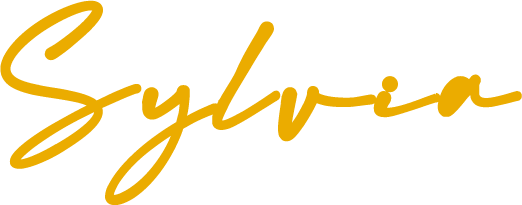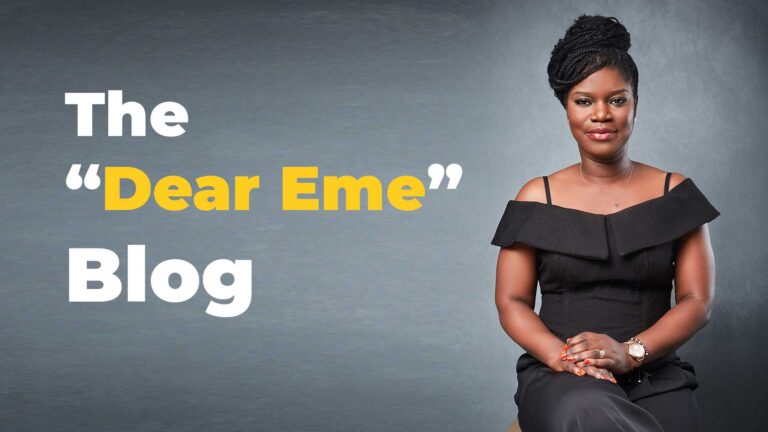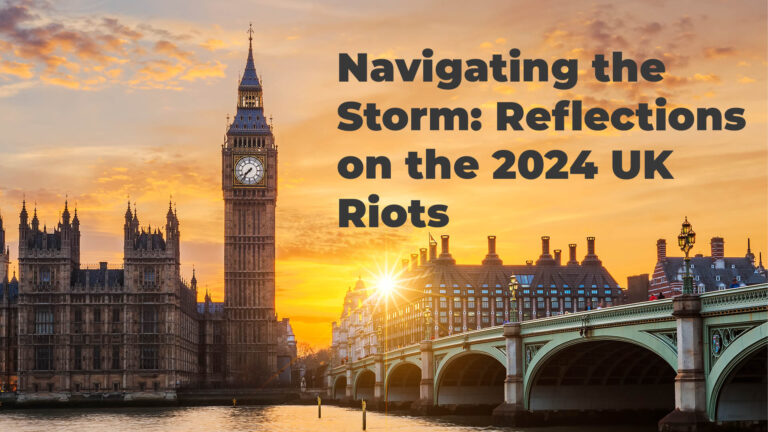The Two Faces of Social Media: A Journey Through Time
Dear Eme,
As I reflect on the evolution of social media and my personal journey with it, I’m reminded of how far we’ve come since 2006. Back then, I was a first-year university student, navigating my way through new experiences and peer pressure. Setting up a Hi5 profile felt like the thing to do, even though it quickly became clear that it wasn’t for me. It felt pretentious, and I was reluctant to waste time on something so unfulfilling. That was my first taste of social media—a simple introduction that I didn’t think much of at the time.
The Early Days: Connection Over Content
Fast forward to 2008, and I encountered a new platform—Facebook. Unlike Hi5, Facebook promised something more: a way to reconnect with old friends and stay in touch with loved ones across the globe. Having lived in the UK for seven years by then, I cherished memories of my time in Ghana and longed to reconnect with those who had been a part of those joyous years. Facebook seemed like the perfect tool to bridge that gap.
As I began accumulating “friends” on Facebook, the initial dopamine rush was undeniable. I met incredible people, engaged in thought-provoking debates, and rekindled relationships with people I had lost touch with. Yet, as my friends’ list grew to over 1,000, I started questioning the authenticity of these connections. Were these “friends” truly part of my life, or were they strangers with a front-row seat to my moments?
This introspection led me to a decision: I needed to regain control. I deleted over 800 people from my friends list, reducing it to just 200—people I genuinely knew and wanted to stay connected with. At that time, social media was still about connection, not numbers. But little did I know the landscape was about to change dramatically.
The Shift to a Marketplace
Social media’s transformation into a marketplace didn’t happen overnight. Initially, platforms like Facebook, Twitter, and Instagram were spaces where people shared personal updates, photos, and thoughts with friends and family. It was a digital extension of our social lives. But as these platforms grew in popularity, so did their potential for monetisation.
Today, social media is not just about staying connected; it’s about leveraging those connections for financial gain. Influencers build massive followings by curating content that attracts attention, and businesses use these platforms to reach potential customers directly. Social media has become a primary advertising space, allowing businesses—big and small—to target specific audiences with tailored messages.
For many, social media is now synonymous with opportunity. It’s a place where anyone, regardless of background, can build a brand, launch a business, or even become a celebrity. This democratisation of opportunity is one of the most powerful aspects of social media. Small businesses, in particular, have benefited immensely. They no longer need to spend large amounts on traditional advertising. Instead, they can reach their target customers directly, using platforms like Instagram and Facebook to showcase their products and services.
The Positive Impact: Empowering Truth-Seekers and Small Businesses
One of the most significant positive impacts of social media is its role in empowering truth-seekers and small businesses. In the past, mainstream media controlled the flow of information, often gatekeeping what the public could access. Social media has disrupted this model, offering a space where individuals can share information that might have been overlooked or suppressed by traditional outlets. This has been particularly important for marginalized voices, activists, and independent journalists who use these platforms to bring attention to issues that matter.
For small businesses, social media has been a game-changer. It has leveled the playing field, allowing entrepreneurs to compete with larger corporations without needing a massive marketing budget. With the right strategy, a small business can reach thousands, if not millions, of potential customers through social media. This ability to target specific demographics and engage directly with consumers has made social media an invaluable tool for growth and success.
The Negative Impact: Misinformation and Real-World Consequences
However, the rise of social media as a marketplace and information hub hasn’t come without its downsides. One of the most troubling aspects is the spread of misinformation and the real-world consequences that can follow.
In July 2024, a tragic incident occurred in Stockport, UK, where a 17-year-old boy born in Wales murdered three children and injured several others in a knife attack. Before the details of the offender were made public, individuals with large social media followings rushed to make false claims about the attacker’s identity, labelling him as a Muslim asylum seeker. This misinformation spread rapidly, fueling anger and fear, and is believed to have contributed to the riots and looting that took place across the UK in August 2024.
This incident underscores the power of social media to influence public perception and the dangers of that influence when it’s based on false information. It also highlights the difficulty of controlling the spread of misinformation in a space designed to facilitate free speech and open communication.
As a young woman, you might wonder how much of yourself you need to reveal to grow an audience or succeed on these platforms. How much of your privacy are you willing to sacrifice for attention? This is the dilemma many face today, as the line between personal and public blurs.
I don’t believe the original creators of these platforms envisioned this outcome. Initially, social media was about human connection—a place to share experiences, find support, and build communities. But as these platforms grew, so did the realisation that they could be powerful tools for marketing and influence. Today, it’s not just about staying connected; it’s about selling—whether that’s products, ideas, or even ourselves.
The Challenge of Regulation: Can We Control Social Media?
The question of regulating social media is complex. On the one hand, these platforms have grown so large and influential that some level of regulation seems necessary to prevent the spread of harmful content and protect users from misinformation. On the other hand, social media was built on the principle of free speech—a platform where anyone can express their opinions and share their views.
I believe social media has become too big to control effectively. While governments may introduce regulations or guidelines, these platforms’ sheer scale and decentralised nature make comprehensive oversight challenging. Moreover, while social media platforms are spaces for free expression, it’s essential to remember that free speech comes with responsibilities. Users must understand that there are consequences for what they say online and be prepared to face those consequences.
As the world grapples with regulating these powerful platforms, I think users must take personal responsibility for their actions on social media. We must be mindful of what we share, how we engage with others, and the impact our words can have. The genie may be out of the bottle, but that doesn’t mean we can’t control our behaviour.
A Mother’s Prayer
Eme, as your mother, I pray that I get at least one thing right: I help you develop a strong moral compass rooted in a desire to live a service life. I hope this compass guides you as you navigate the complexities of social media, helping you filter out what doesn’t align with your purpose and choose the path that leads to fulfilment.
As someone who believes in focusing on what we can control, I want to share with you three important lessons about social media:
Social Media Is a Marketplace: Everyone on social media sells something, whether it’s a product, an idea, or themselves. Approach it with the mindset of a buyer or a seller, not just a passive observer.
Social Media Is Addictive: It can easily consume your time and distract you from more productive activities. Be mindful of how and when you use it.
Social Media Reflects the Good and the Bad. These platforms have both positive and negative influences. Tap into your higher consciousness when engaging with content, and discern what aligns with your values and purpose.
Until next time…
Love,







